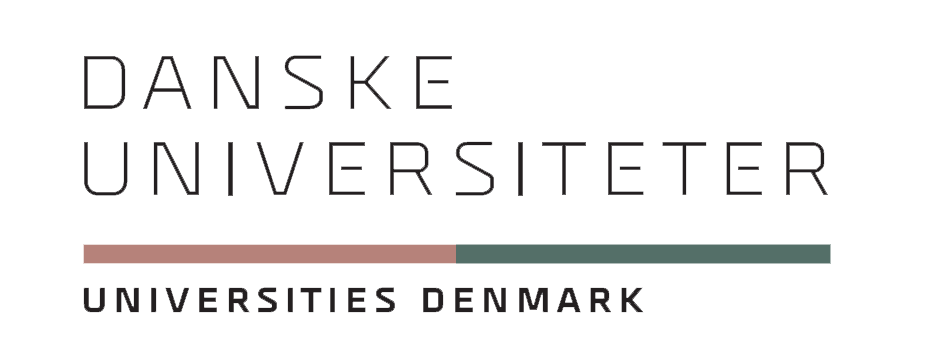Proposal risks compromising degree programmes and depriving young people of opportunities (English version)
Press release from Universities Denmark, 2 March 2023
On Thursday 2 March, the Danish coalition government launched its proposal Forberedt på fremtiden I (Prepared for the future I). The proposal recommends shortening Master’s degree programmes at Danish universities, meaning that around half of future students will only be able to study for four years at university, as opposed to the current five years.
Chair of Universities Denmark Brian Bech Nielsen gives his reaction to the proposal:
“I haven’t yet seen convincing arguments for a reform of such unprecedent scope, which involves drastic cuts in the length of degree programmes. This reform will undermine the academic quality of our programmes, and we risk weakening students’ connections to business and industry and making Denmark a poorer country.”
“It is therefore vital that the Ministry include us in genuine discussions with a view to finding the best possible solutions before making a final decision. They can count on Universities Denmark to contribute constructively to such discussions.”
One of the arguments behind the proposal is that degree programmes need to be made more relevant to business and industry, but Brian Bech Nielsen is worried that the reform may well have the opposite effect:
“If programmes are made shorter, we will still need to maintain their high academic quality, so there will be almost no time for students to do work placements in companies as part of their degree. Students will have limited opportunity to collaborate with companies on their Master’s thesis, and there will be less time for students to take on relevant student jobs. So, contrary to the government’s intention, the reform risks weakening the students’ connection to businesses and industry during their studies.”
Brian Bech Nielsen also believes that the reform will negatively affect students, who will lose a year of their education and feel under enormous pressure.
“Students cannot simply work faster and learn more in less time. Knowledge cannot be forced. And, in a time of declining student well-being, I’m sure that most people will agree that students are already under enough strain.”
Parts of the reform, however, have received praise from the chair of Universities Denmark.
“We would be happy to help make the Master’s degree programme for working professionals scheme more flexible and widespread, and we would also like to attract more international students. The government has set ambitious goals that require close cooperation, not least with employers. Universities Denmark would be happy to enter into the partnerships the proposal recommends.”
“It’s also commendable that the proposal emphasises the importance of continuing education. On this point, it’s vital that, if the new one-year programme is introduced, students can choose to come back and further educate themselves to Master’s level.”
“Finally, Universities Denmark is pleased that the proposal does not recommend reducing university budgets.”
Press contact to Brian Bech Nielsen via Toke Kristiansen, head of communications at Universities Denmark.
Tel. + 45 2639 6904/Tkr@dkuni.dk



